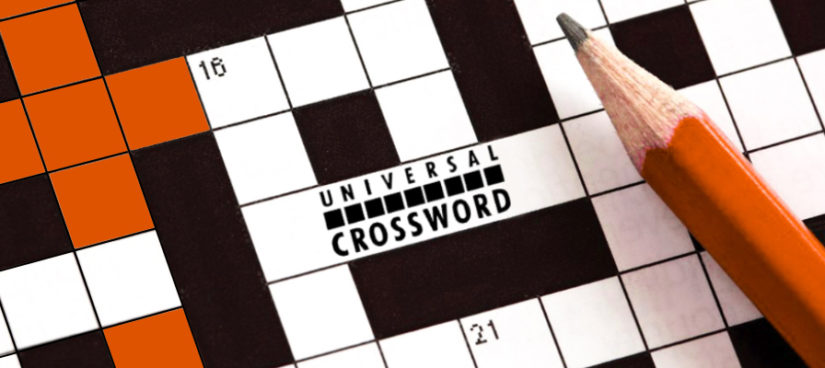
Searching for crossword diversity
When David Steinberg became editor of the Universal Crossword and Universal Sunday Crossword one year ago, he challenged himself, and his colleague Erik Agard, to think outside the box — or grid. Hoping to advance the puzzles and the crossword community at large, Steinberg wanted a way to acquire additional high-caliber puzzles and have broader representation from underrepresented constructor populations, such as women, people of color and members of the LGBTQ+ community.
Steinberg’s quest quickly became UCERP (Universal Crossword Equal Representation Project), and to help solve the query, Steinberg set forth with a specific strategy. First, he identified seven mentors among top constructors. Then, he announced the project within the Crossword Puzzle Collaboration Directory (co-founded by Agard) and on various social media platforms and websites to spread the word. Steinberg made it a bit more exciting by dangling a carrot: guaranteed publication in Universal Crossword.
More than 60 novice constructors applied for the opportunity, and among them, seven were selected via a lottery system. Steinberg played matchmaker, coupling mentors and mentees based on the latter’s preferences. He gave each pair a reasonable deadline so as to encourage creativity and discourage procrastination. Steinberg still served as editor and published the completed collaborations in the span of March through June of 2019.
The results and feedback were very promising. About 40% of the Universal Crossword puzzles published in June alone were written or co-written by women. This is a notable increase from the average of about 19% per month for January through May. Additionally, four of the seven mentees have gone on to contribute more puzzles to Universal Crossword and/or other publications.
“It is so amazing that Andrews McMeel was the first organization to do this and is obviously on the edge of something very exciting,” Steinberg said. “[Finding underrepresented groups] is a problem across all crossword puzzles, so I think more and more editors and groups will want to join in and do something similar to what we did.”
From concept to completion, UCERP was a win-win-win for Steinberg, the Universal Crossword and the entire crossword community, which includes constructors, publishers and solvers. In fact, it was so successful that the likelihood of UCERP 2.0, or perhaps a similar ongoing mentorship program, is high in the near future.
“Having people from underrepresented groups brings new perspectives,” Steinberg said. “People think differently in terms of how they write their clues and build their themes. Women are one example of a voice that is missing in the crossword community, and women count for a large portion of the solvers, but not the constructors, so it’s good to balance that out more.”

